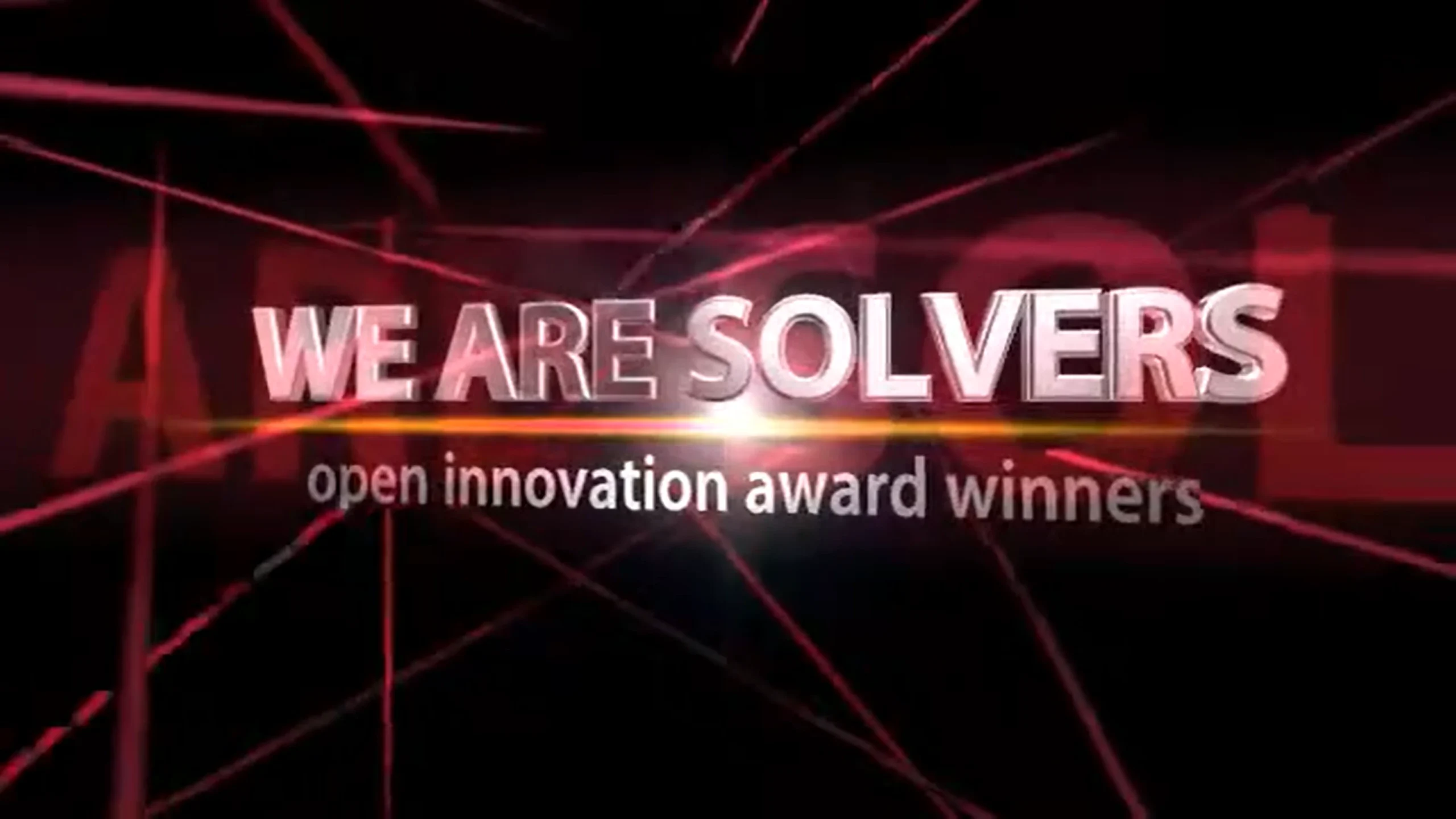Crowdsourcing 1.0 was about open innovation challenge-driven platforms. In the aftermath of 2009 economic crisis, opening the innovation was a solution to surviving and business continuity. Crowdsourcing 2.0 is about sourcing machine’s creativity and knowledge. During the last 10 years machines crowdsourced everything we ever learnt and knew. Now we are going to crowdsource everything they’ve learnt. It is Crowdsourcing 3.0 that will help us do better than that.
The Misleading Narrative of Modern Crowdsourcing
Modern crowdsourcing, despite a decade of existence, suffers from a confused identity. Its public perception often promises a solution for the world’s common good problems, positioning platforms as agents of positive global change. However, this narrative is largely unsubstantiated by evidence. There’s a notable lack of research demonstrating the actual impact of crowdsourcing: how many common good problems were genuinely solved, how solutions were implemented, or the resulting economic and social benefits.
My observations as a crowdsourcing problem solver over seven years of addressing challenges reveal a different reality: common good challenges launched through crowdsourcing platforms are a modest fraction of their activity. The vast majority are focused on business problems and marketing campaigns. The “common good” message appears to be more about PR than actual impact.
Crowdsourcing: Competition, Not Collaboration
The pervasive idea that crowdsourcing unites creative minds to solve problems is, frankly, fake news. Participants are not collaborating; they are competing for a prize. The beneficiary collects all submitted ideas and pays only for a select few. Any true collaboration occurs within the beneficiary’s own team of experts who extract and integrate the best ideas.
Crowdsourcing is fundamentally rooted in game theory principles, which inherently discourages collaboration. Human nature further complicates this, as people are naturally hesitant to collaborate with strangers, especially when intellectual property and money are involved. The notion of learning to collaborate while competing is a separate concept related to innovation, research, and development clusters, not crowdsourcing itself.
The Impending Shift: Crowdsourcing 2.0 and the Rise of Machines
Today’s crowdsourcing is experiencing an identity crisis that mirrors a broader leadership identity crisis. It’s unlikely to solve pressing common good problems soon, partly because there are no incentives for people to participate in this way. Furthermore, the landscape is rapidly changing with the advent of machines and AI, which don’t require such incentives.
The idea that crowdsourcing will become an alternative to hiring is an illusion. Instead, it risks exploiting highly skilled professionals, creating economic and social imbalances. Businesses benefit from free ideas, securing their continuity, but it’s not the purpose of ordinary people to sustain other businesses.
Crowdsourcing 2.0 marks a significant shift. It will no longer be about sourcing human knowledge and creativity. Instead, it will be about sourcing machines’ creativity and knowledge. An AI robot can now equal the creative output of an entire crowd. As we’ve provided them cost-free and low-cost knowledge, robots have been learning, and they are now ready to take over.
Crowdsourcing 3.0: The Path to a Better Future
The “best of” human-centric crowdsourcing, or Crowdsourcing 1.0, is effectively over. It primarily served to benefit businesses and consulting firms. In Crowdsourcing 2.0, people are largely out of the picture, replaced by robots.
A more reasonable future scenario involves shedding the misleading common good messages and actively pursuing real-time, operational problem-solving by joining forces with our creations—the machines. We need to create a global crisis management platform capable of solving any problem worldwide in real-time, whether for individuals, communities, organizations, or governments. This requires a better balance between business and social entrepreneurs and funding.
Despite the hype of Crowdsourcing 1.0, the world’s major problems—poverty, hunger, healthcare—persist and have grown larger. The progress made with available technologies has been disappointingly modest. Often, those with the power and resources to make a difference in this area either lack the know-how, the will, or both, likely due to profit motives.
Crowdsourcing 3.0 is what will truly improve our lives, especially as robots become more prevalent. We have the tools and potential to make this happen even as Crowdsourcing 2.0 unfolds. These two iterations should occur concurrently or very closely in time, otherwise, the human participants necessary for such processes may diminish given declining health and mental health statistics.
Leaders often preach about creating purpose and solving common good problems in the new world, promising more personal time as robots handle mundane tasks. However, this is either hypocrisy or a lack of clarity. If leaders truly have the power, resources, and influence to build the necessary infrastructure, their inaction makes the “bright future” scenario feel like empty rhetoric.
I hope that at least one global leader will commit resources and influence to shift these trends, to truly begin fulfilling crowdsourcing’s potential and purpose for the common good. We need leaders who are genuinely concerned about how ordinary people will navigate Industrial Revolution 4.0 as jobs, including creative ones, are increasingly automated. I would like to see crowdsourcing platform leaders prioritize people and common good over purely business concerns, as business owners can often manage their own challenges.
You may be interested in hearing top open innovation problem solvers’ insights on the topic.
If so, watch the documentary series I’ve made in 2016 “We Are Solvers” – Documenting the Dawn of Collaborative Intelligence. See below the creative trailer where I am introducing this exceptional community to the world.
(I wrote this article on October 1, 2017. Its original form can be found on We Are Solvers)
- Understanding digital dynamics and innovation is the key to success. Find out how I can guide you through Mentoring & Professional Development.
- Want to build an online visibility strategy that overcomes the “identity crisis” of content? Explore my Online Visibility & Strategy services & Semantic Storytelling Framework.

Leave a Reply